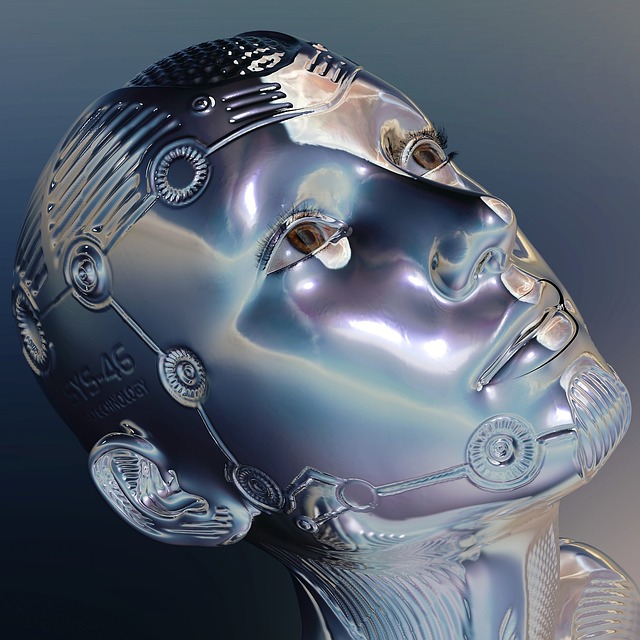The advent of cognitive artificial intelligence has ushered in a new era of interaction between humans and machines, dramatically transforming the landscape of robotics and business automation. Imagine walking into an office where your tasks are anticipating your needs before you even articulate them. This isn’t science fiction; it’s the new reality driven by cognitive AI.
As we delve deeper into the domain of robotics, the integration of cognitive AI is becoming increasingly sophisticated. Robots are no longer just tools that execute repetitive tasks; they are evolving into intelligent assistants capable of understanding human emotions and needs. With the ability to process vast amounts of data and learn from experiences, these robots can engage in meaningful interactions. This shift elevates the relationship between human workers and machines, creating an environment where collaboration thrives. The empathic design of robots enhances their utility, making them not just adherents of tasks but partners in innovation and productivity.
The influence of cognitive artificial intelligence extends beyond robotics and permeates the very fabric of business automation. Companies are harnessing AI-driven solutions to streamline operations and enhance customer interactions. Imagine a customer service bot that not only resolves queries but learns from each interaction, adapting its responses to better suit individual customers over time. This personalized approach fosters a sense of connection, making customers feel understood and valued. Businesses that leverage cognitive AI in this manner are not merely automating processes; they are cultivating relationships, thus driving customer loyalty and satisfaction.
The marriage of cognitive AI and business automation has significant implications for workforce dynamics as well. Tasks that once required human intervention can now be performed with remarkable accuracy by intelligent systems, allowing employees to pivot their focus from mundane activities to more strategic roles. This, in turn, invites a new paradigm where humans and machines coalesce in a symbiotic relationship that enriches the workplace experience. Employees equipped with cognitive tools can make informed decisions, improving efficiency and creativity in the problem-solving process.
However, the transition to integrating cognitive artificial intelligence in our daily interactions is not devoid of challenges. One of the foremost concerns is the potential for job displacement as roles become automated. Organizations must navigate this careful balance, ensuring that the human element remains intact in increasingly automated environments. Training and reskilling initiatives are vital to prepare the workforce for this shift. Embracing cognitive AI should be viewed not as a threat, but as an opportunity to expand human potential.
The interplay of cognitive artificial intelligence in both robotics and business automation reveals an exciting future where machines serve as enablers of productivity and creativity. As we embrace these advancements, we not only enhance operational efficiency but also redefine how we interact with technology and with each other. The journey ahead invites us to explore new possibilities in an era where cognitive AI is at the helm of innovation, leading to enhanced interactions that resonate with human experiences.




